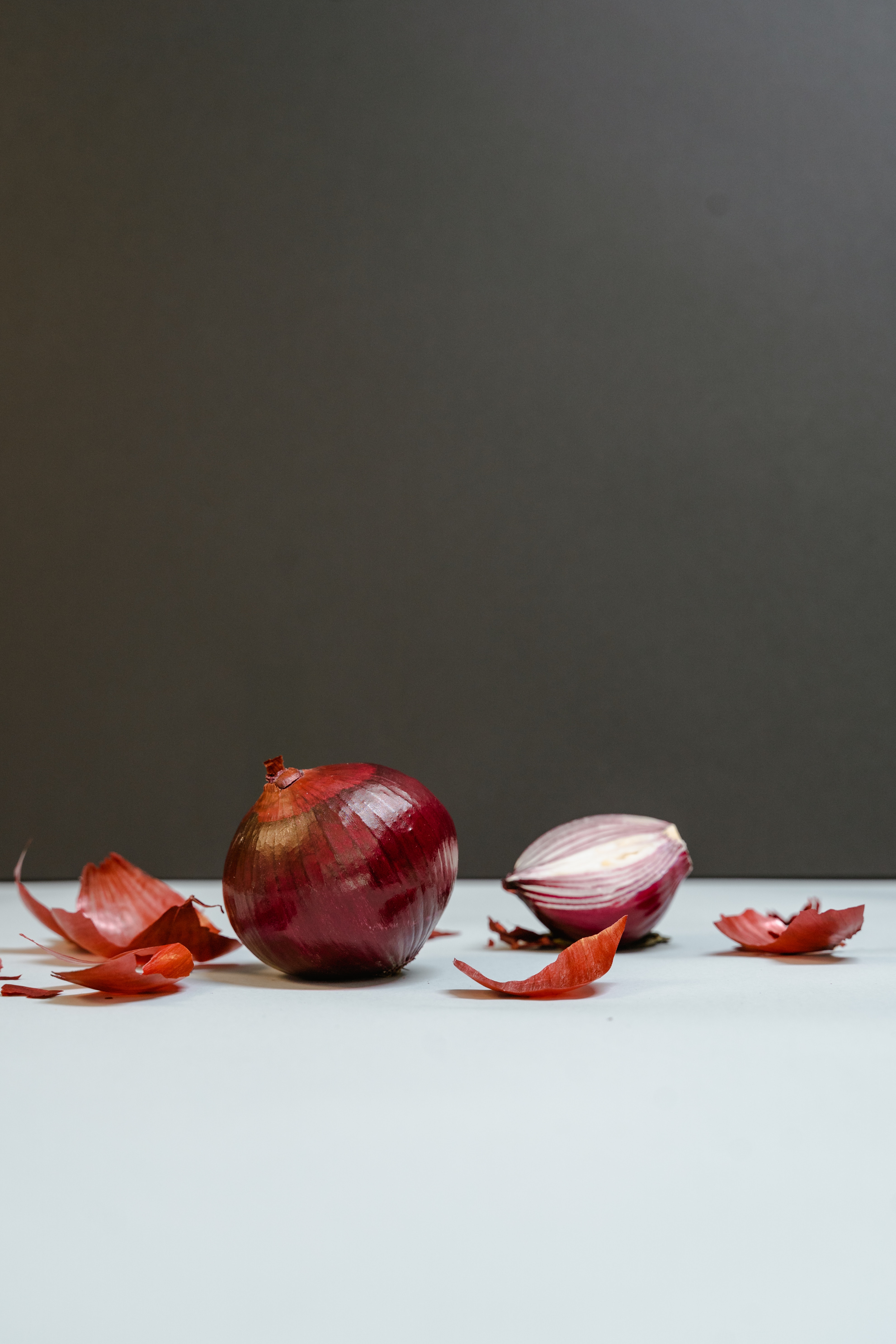
Almost nothing is worse, then, than realizing that your life itself has become boring. Perhaps you have at one time or another concluded that your work is drudgery, your hobbies humdrum; that even your relationships are superficial and unsatisfying. Each day reminds you of the one before. What is there to do?
One obvious answer is to run away, to throw out the old routines and connections, and find new ones instead. But maybe the solution to boredom is the exact opposite: not to seek a new life, but to go deeper into the one you have. This is exactly what the Danish existentialist philosopher Søren Kierkegaard advocated. When life becomes tedious to you, he argued, you don’t need to look outside for something to shake up your malaise. You need instead to look inward and find what’s missing within your own heart and soul…
According to Kierkegaard, when we first find life boring, we seek new delights…This is the time, usually in early adulthood, when people are most open to new experiences and opportunities. For some…“the aesthetic” might encompass a more innocent sort of experience—a hobby such as travel, say.
This is fine for a while. For many, though, this consumerist approach to living eventually comes to seem trivial—and, ultimately, boring. “Is this all there is?” you ask yourself. At this transition to the next stage, you need to shift from treating life as an act of consumption to becoming part of a process that creates deeper experiences. You need to “get inside the machine.” …
Continue reading “Tuesday Morning Wake-Up Call (“Getting inside the machine”)”


